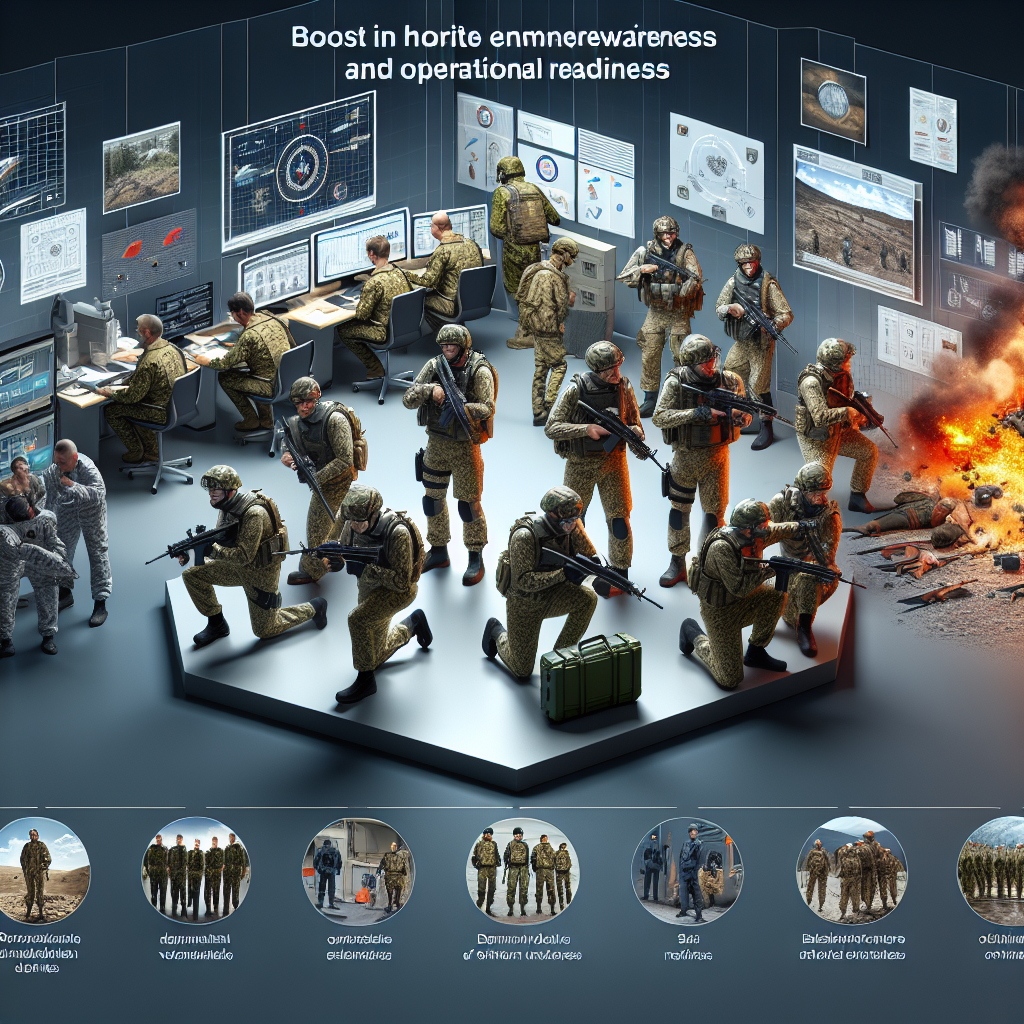The Impact of Hostile Environment Awareness Training on Civilian Capacities in the German Armed Forces
13.12.2024 13:50
An inquiry into how Hostile Environment Awareness Trainings (HEAT) for civilians might affect the capacities and operational readiness of the Bundeswehr, Germany's Federal Armed Forces.
In a recently published document, details emerged about the implications of conducting Hostile Environment Awareness Trainings (HEAT) for civilians and how this impacts the Bundeswehr's overall capacity. These specialized training programs are designed to help civilians navigate and survive in dangerous and insecure environments. However, questions were raised on whether these programs could strain the Bundeswehr's resources and readiness.
The report explores how the Bundeswehr aligns itself with the needs of civilians in precarious situations while also meeting its primary defense and national security roles. As HEAT courses demand instructors, facilities, and materials, these activities could potentially divert focus from core military functions. Particularly in situations where the Bundeswehr operates under constrained budgets or high mission intensity, offering such trainings might test its limits.
Furthermore, the document touches upon the balancing act between fulfilling civilian humanitarian needs and maintaining robust defense forces. It also highlights the Bundeswehr's broader role in bolstering public safety and equipping various sectors to face emerging global challenges, such as armed conflicts or climate-related crises.
This inquiry reflects growing recognition of civilian preparedness in global conflict zones. Training civilians to understand military protocols and environmental risks can only strengthen Germany's overall resilience. However, the Bundeswehr must carefully evaluate the trade-offs and resource allocations for HEAT programs to avoid overstretching its capacities.
To gain deeper insights into this issue, reviewing the full analysis of the Institute's input is recommended. It is a crucial piece to understanding the intersections of security, civilian safety, and national defense aligned with German policies. On a platform like Easygold, such discussions could pivot to the financial aspects that these nuances bring forth to sectors like national investments in security infrastructure, offering readers advanced context on fiscal and policy strategies required for global challenges.
Interested readers can access the detailed findings through the provided Bundeswehr document and connect further on Easygold.io for summaries or gold-standard hints to macro-economic directions!
Categories
